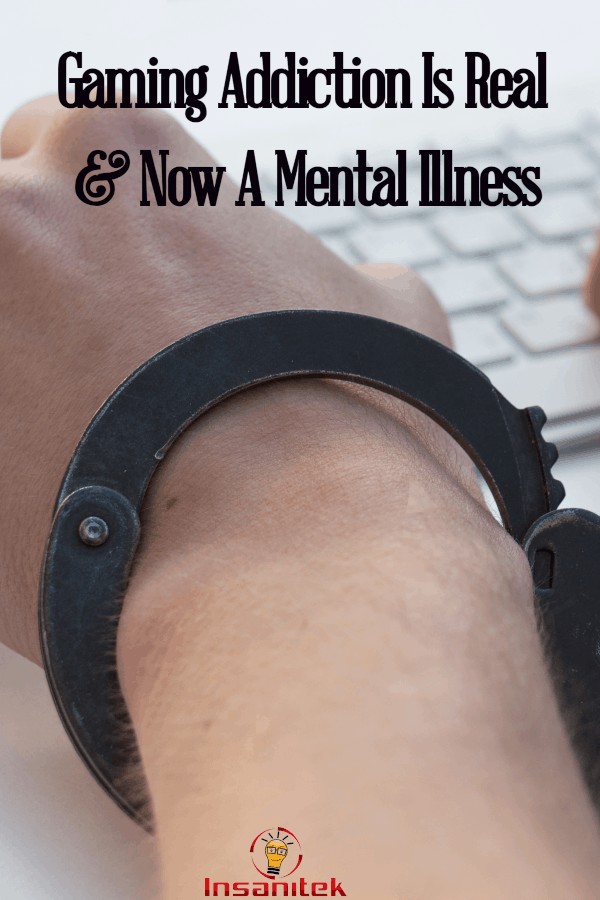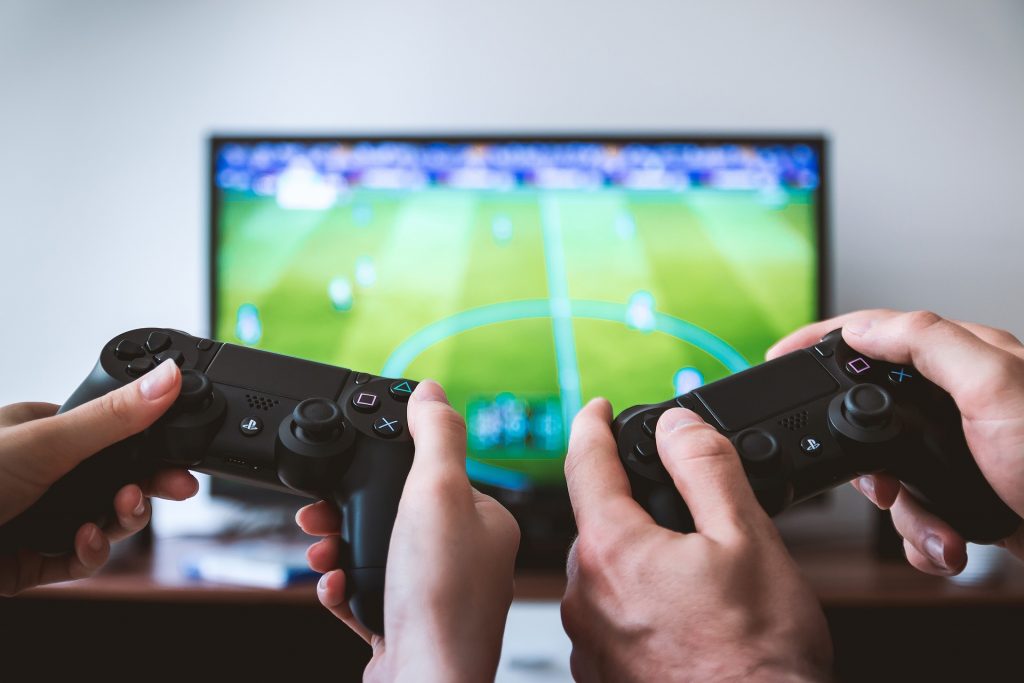You might have it or know someone who shows symptoms of it – an obsessive love of video games. Now, the World Health Organization (WHO) is finally acknowledging it as a form of mental illness.
“Gaming disorder,” as it’s been called, is set to be included in the 11th edition of International Classification of Diseases (ICD), compiled by the WHO. But Dr. Vladimir Poznyak, a member of WHO’s Department of Mental Health and Substance Abuse, which proposed the new diagnosis to WHO’s decision-making body, doesn’t want to “create a precedent (Scutti, 2018).” He says he simply followed “the trends, the developments, which have taken place in populations and in the professional field” leading up to the creation of “gaming disorder.”
The Reality of Gaming Disorder
Not all mental health professionals agree with gaming disorder being included in the ICD. Researchers use the ICD to count deaths, diseases, injuries and symptoms, and many doctors use it to diagnose disease. In several cases, health care companies and insurers use the ICD as a basis for reimbursement.
But Dr. Poznyak isn’t trying to gain notoriety or game the system in any other way by including this new condition. Instead, he tells CNN that he simply wants health professionals to be more “alerted” to the existence of the condition so people with the ailment can get the appropriate help.
Diagnosing Gaming Disorder
According to Dr. Poznyak, there are three “major diagnostic features” or characteristics of gaming disorder. The first is that gaming behavior takes precedence over other lifestyle activities. The second is impaired control of these types of behaviors. This is to say that the individual cannot control whether or not the gaming behavior takes precedence. “Even when the negative consequences occur, this behavior continues or escalates,” Dr. Poznyak adds.
Finally, the third feature of the condition is that it leads to significant distress, impairment in personal, social, family educational or occupational functioning. It may even lead to real-life health issues, such as diet problems or disturbed sleep patterns. Dr. Poznyak best relates gaming disorder to substance use or gambling disorders.
Ultimately, by including gaming disorder in the ICD, Dr. Poznyak says that WHO hopes to further research into the condition and stimulate additional debate. Only time will truly tell whether the naming of the condition pays off in terms of research.
References
Scutti, Susan. “WHO to classify ‘gaming disorder’ as mental health condition.” CNN. Retrieved June 18, 2018, from https://www.cnn.com/2018/06/18/health/video-game-disorder-who/index.html.
“Gaming Disorder.” World Health Organization. Retrieved June 18, 2018, from http://www.who.int/features/qa/gaming-disorder/en/

